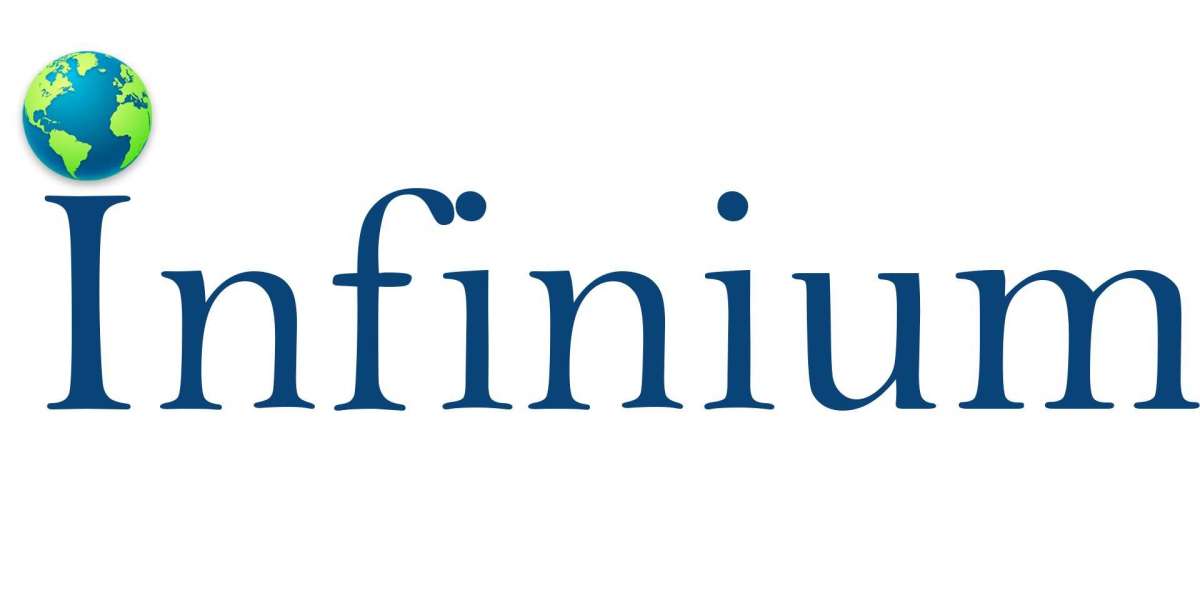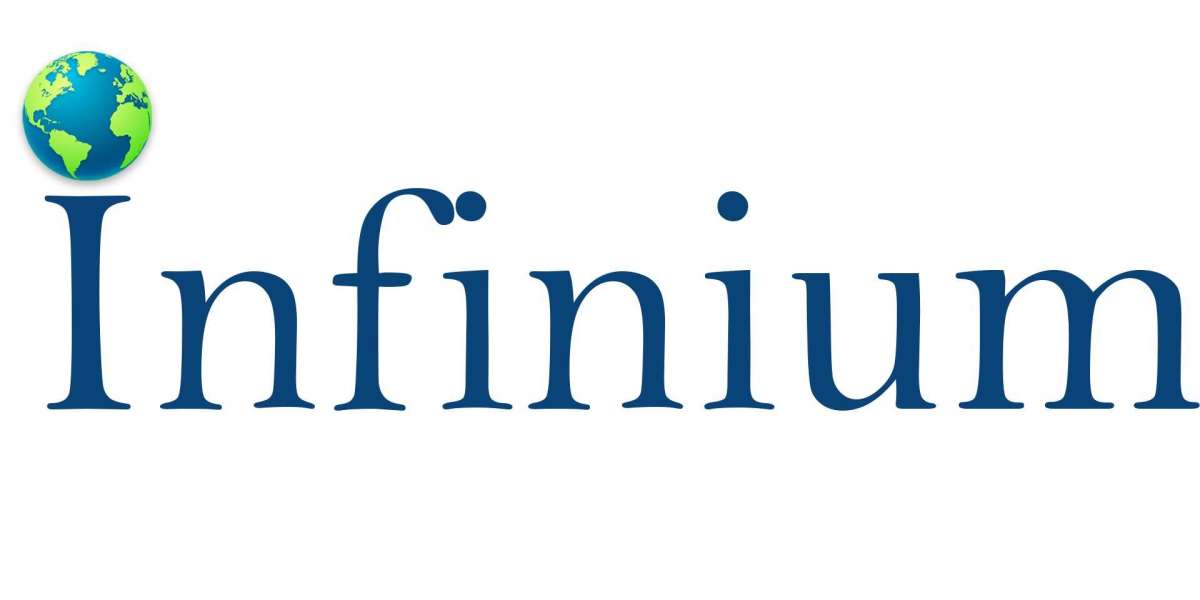Market Dynamics
Drivers:
Technological Advancements: Continuous innovations in actuator technologies, including electric and hydraulic actuators, are enhancing performance and efficiency, driving market growth.
Increased Aircraft Production: The surge in global aircraft manufacturing due to rising passenger travel and freight demands is fueling the demand for aircraft actuators.
Focus on Fuel Efficiency: Aircraft operators are increasingly seeking components that contribute to fuel efficiency, leading to greater adoption of advanced actuator systems that offer improved performance and reduced weight.
Challenges:
High Development Costs: The development and production of advanced aircraft actuators require substantial investment, which can be a barrier for smaller companies.
Regulatory Compliance: Strict regulatory requirements and standards for aircraft components can complicate market entry and increase operational costs.
Maintenance and Reliability Issues: Ensuring the reliability and longevity of aircraft actuators under varying operational conditions poses significant challenges for manufacturers.
Opportunities:
Emerging Markets: Growth in aviation infrastructure in emerging economies presents opportunities for increased actuator sales and new market entrants.
Technological Integration: The integration of smart technologies and IoT into aircraft actuators offers opportunities for enhanced functionality and performance.
Sustainability Trends: The push for environmentally friendly technologies and sustainable aviation practices is creating demand for actuators that support green initiatives.
Sample Pages of Report: https://www.infiniumglobalresearch.com/reports/sample-request/991
Regional Analysis
North America: Dominates the aircraft actuator market due to a strong aerospace industry base, significant defense spending, and technological advancements. The U.S. and Canada are key contributors to market growth in this region.
Europe: A major player in the global market, driven by the presence of leading aircraft manufacturers and increasing demand for advanced actuator systems. The region is also focusing on reducing carbon emissions, influencing actuator development.
Asia-Pacific: Exhibits rapid growth due to expanding aviation markets, increasing aircraft production, and rising investments in aerospace infrastructure. Countries like China and India are major contributors to the market expansion in this region.
Latin America and Middle East: While currently smaller markets, these regions are experiencing growth due to increased investments in aviation infrastructure and rising air travel demand.
Market Segmentation
By Type:
Hydraulic Actuators
Electric Actuators
Pneumatic Actuators
By Application:
Commercial Aircraft
Military Aircraft
Business Jets
By End-User:
OEMs (Original Equipment Manufacturers)
Aftermarket
By System:
Flight Control Systems
Landing Gear Systems
Power Control Systems
Competitive Landscape
Market Share and Pricing Control: Large players in the aircraft actuator market hold a substantial share due to their established presence, technological advancements, and extensive distribution networks. Major companies like Boeing, Honeywell, and Parker Hannifin significantly influence market pricing due to their scale and innovation capabilities.
Challenges from Smaller Companies: Small and mid-size companies pose challenges to large players domestically by offering specialized or cost-effective solutions. These companies often leverage niche markets and technological innovations to compete.
Key Players:
Boeing
Honeywell International Inc.
Parker Hannifin Corporation
UTC Aerospace Systems
Safran S.A.
Report Overview: https://www.infiniumglobalresearch.com/reports/global-aircraft-actuator-market
Future Outlook
Does new product development really help companies? New product development is crucial for companies to maintain a competitive edge in the aircraft actuator market. Innovations in actuator technology, such as advanced materials and smart systems, can lead to improved performance and greater market share.
Do sustainable products hold strong customers' minds? Sustainable products are increasingly important to customers, as environmental concerns and regulatory pressures drive demand for eco-friendly technologies. Actuators that contribute to reducing the overall carbon footprint of aircraft are likely to attract significant attention and loyalty from both operators and end-users.
Conclusion
The aircraft actuator market is experiencing robust growth driven by technological advancements, increased aircraft production, and a focus on fuel efficiency. Despite challenges such as high development costs and regulatory compliance, opportunities in emerging markets and technological integration present promising prospects. The competitive landscape is marked by the dominance of large players, although smaller companies are making significant strides. As the industry progresses, new product development and sustainability will play key roles in shaping the market's future direction and ensuring long-term success.



